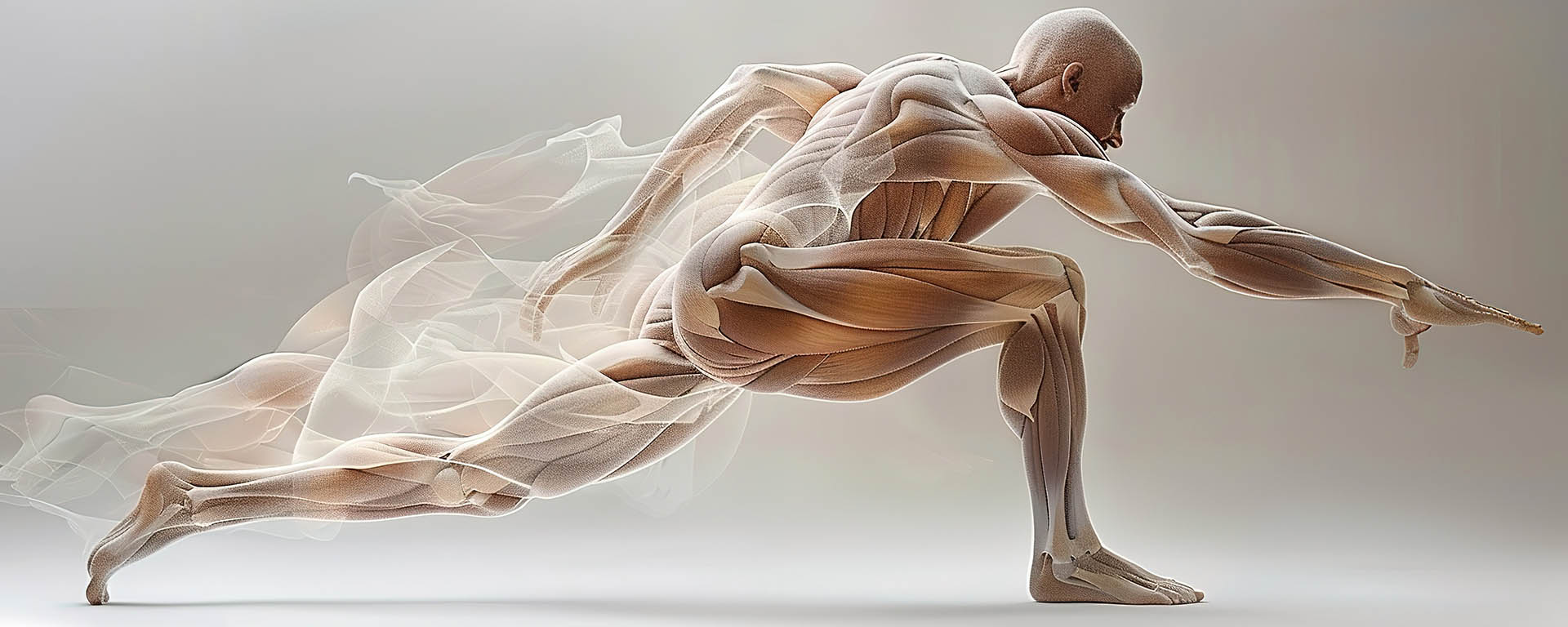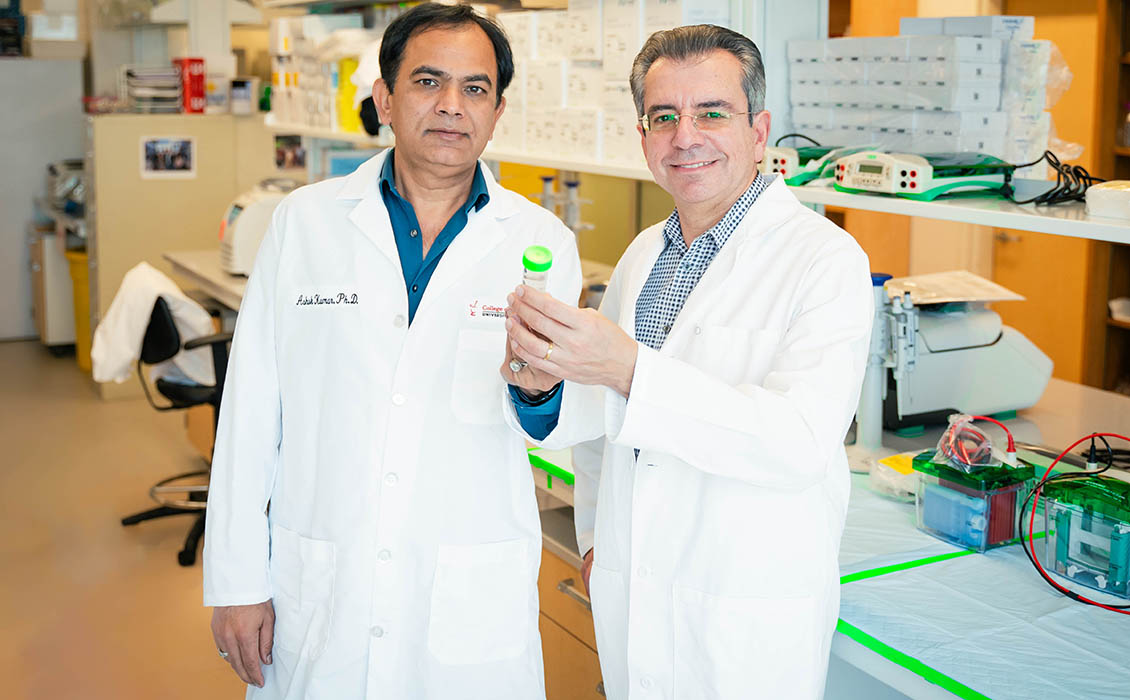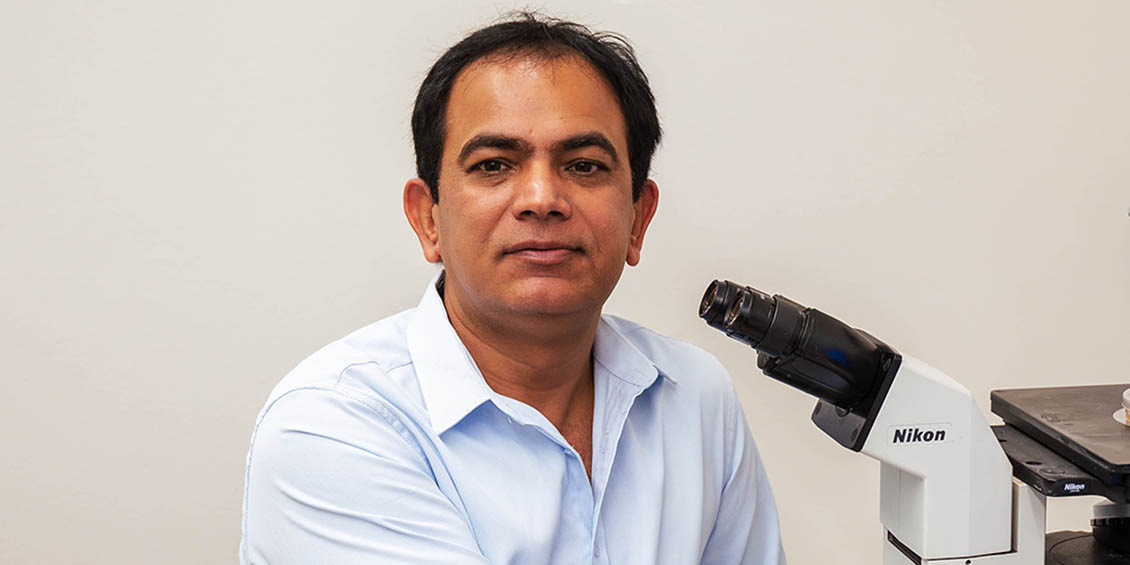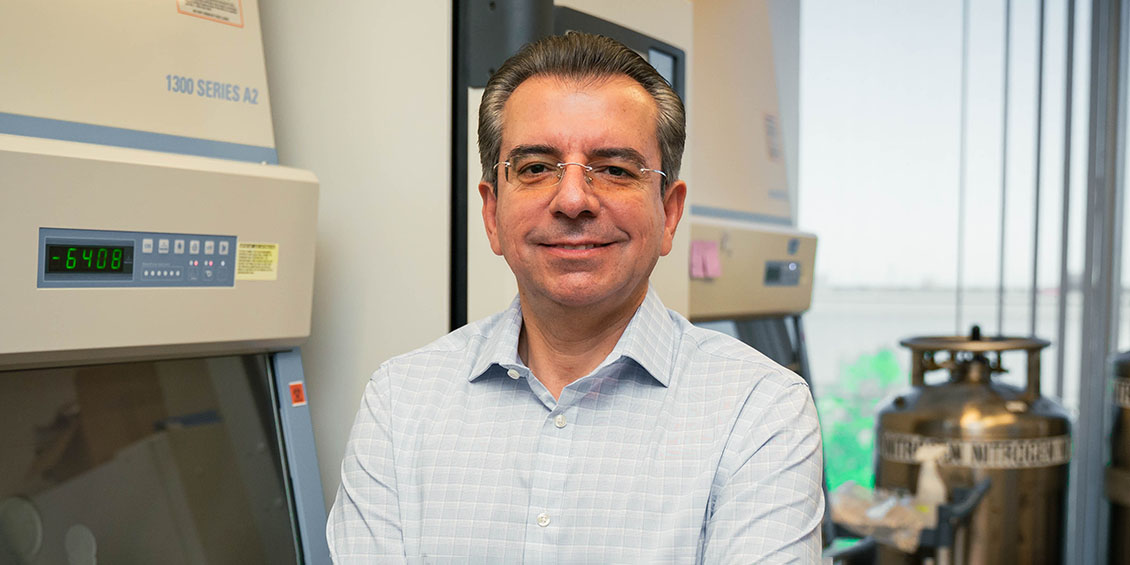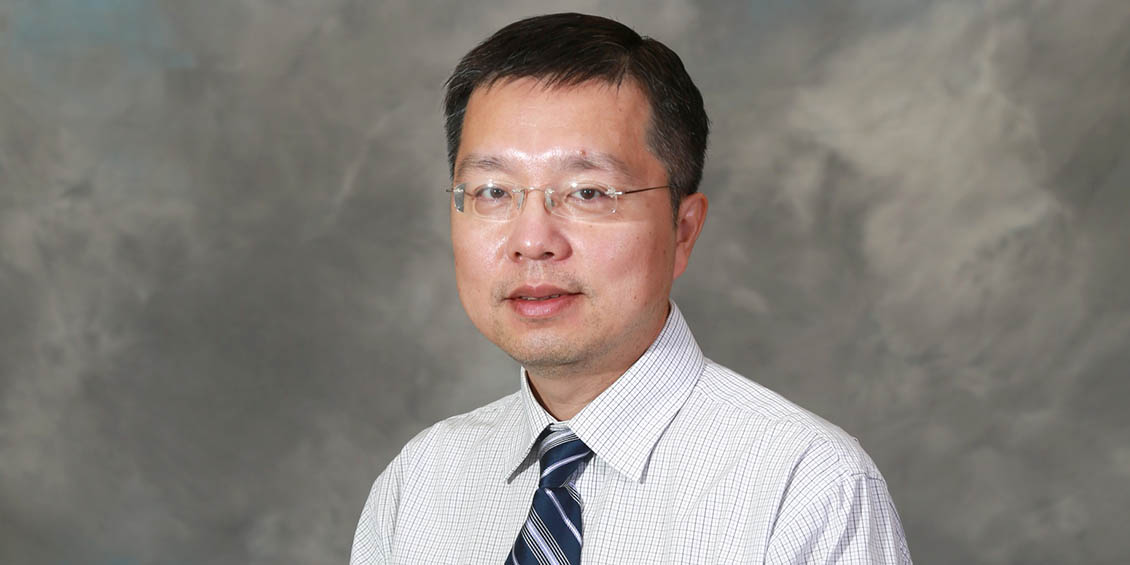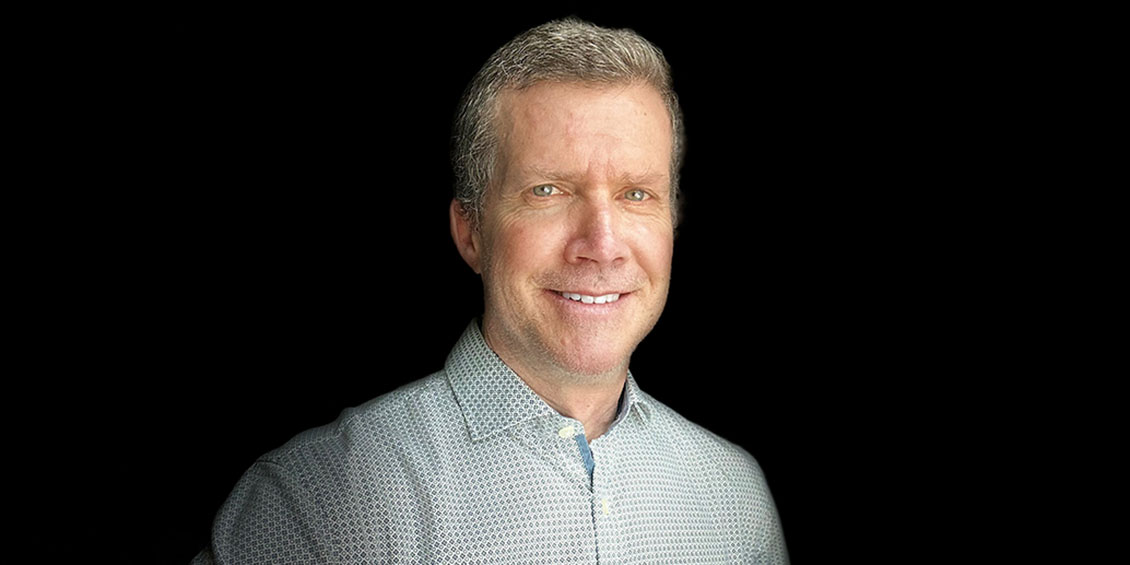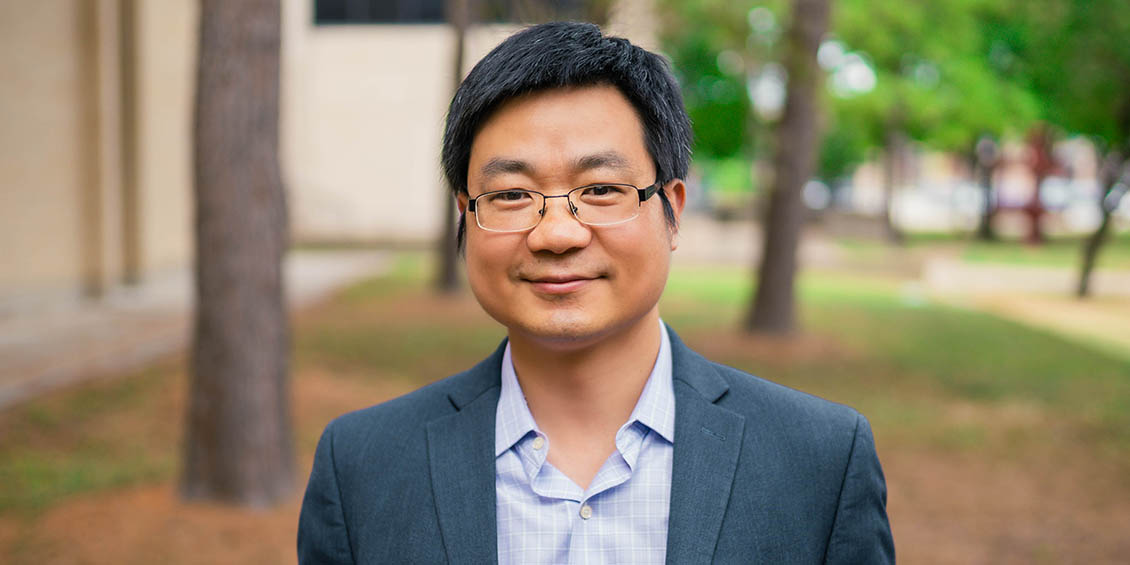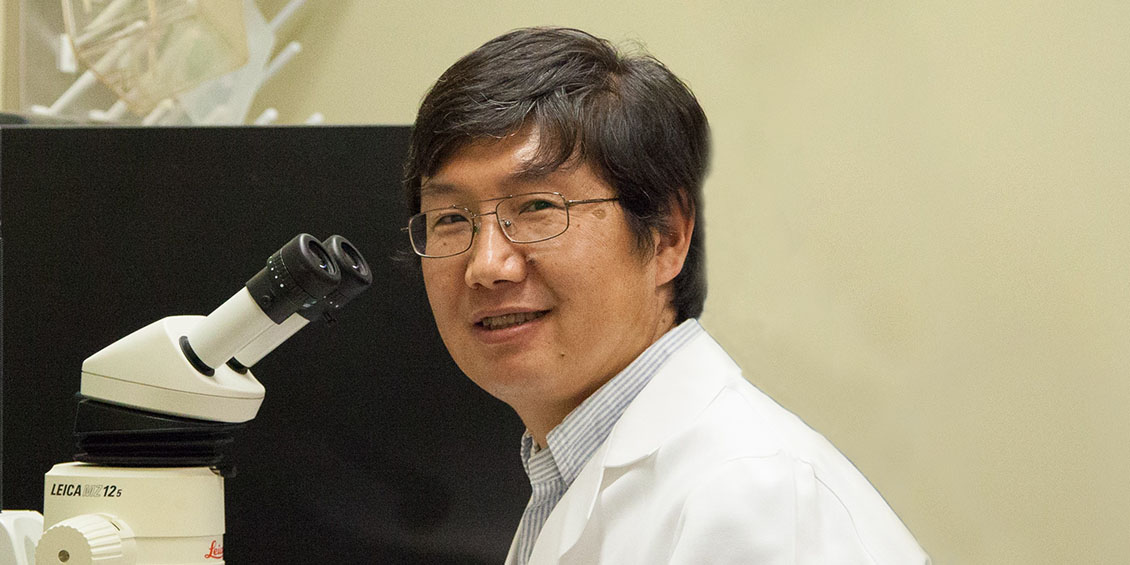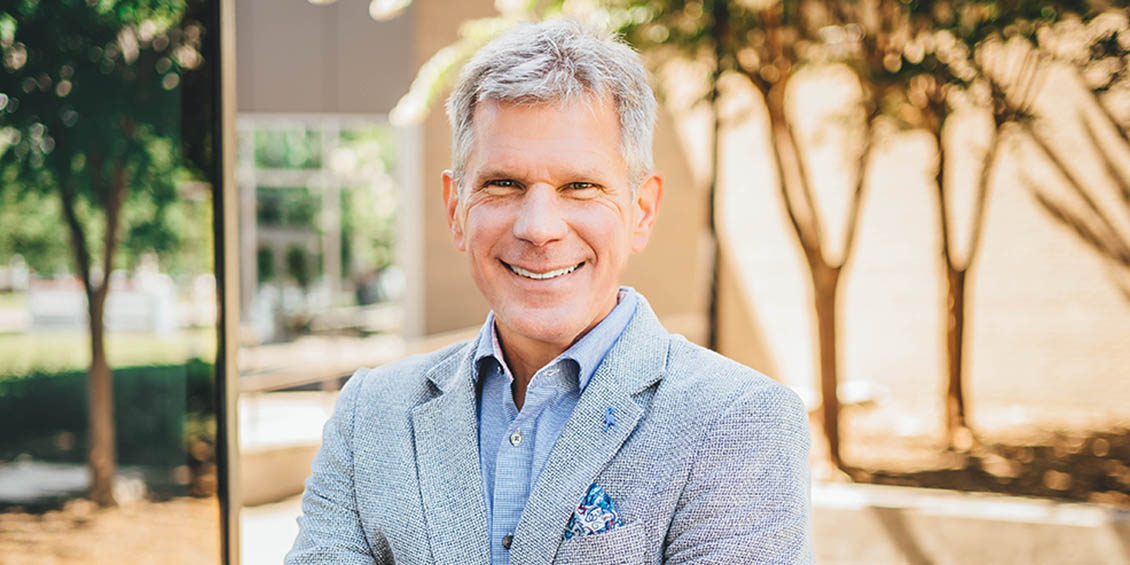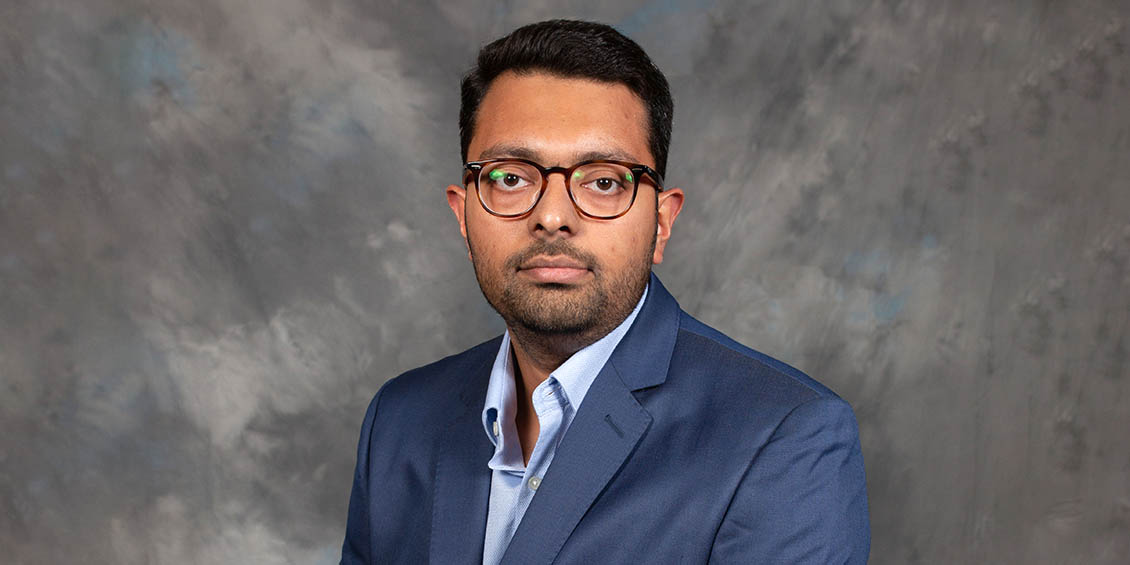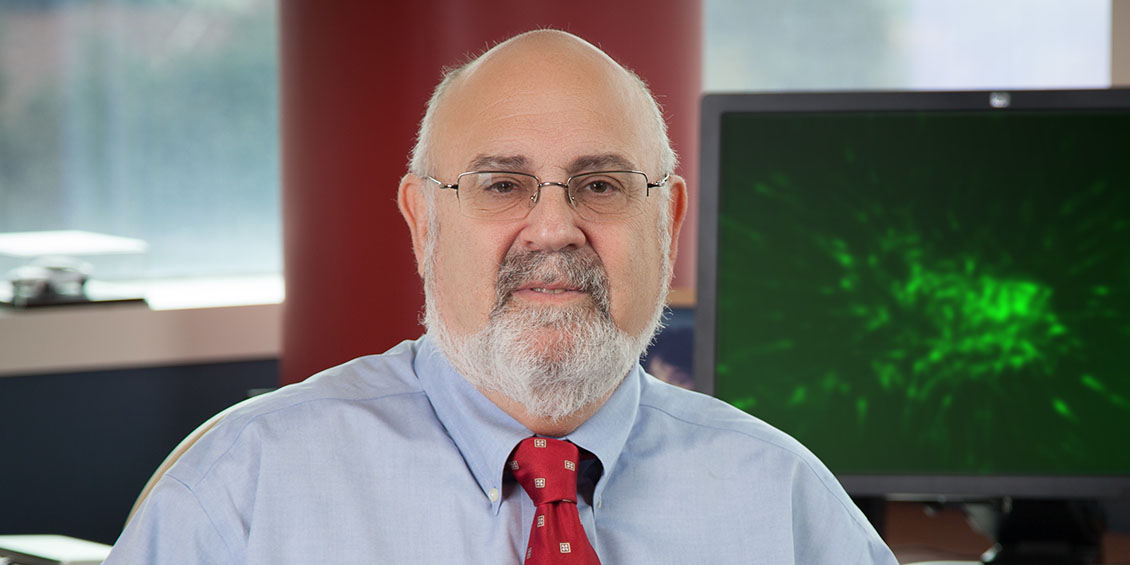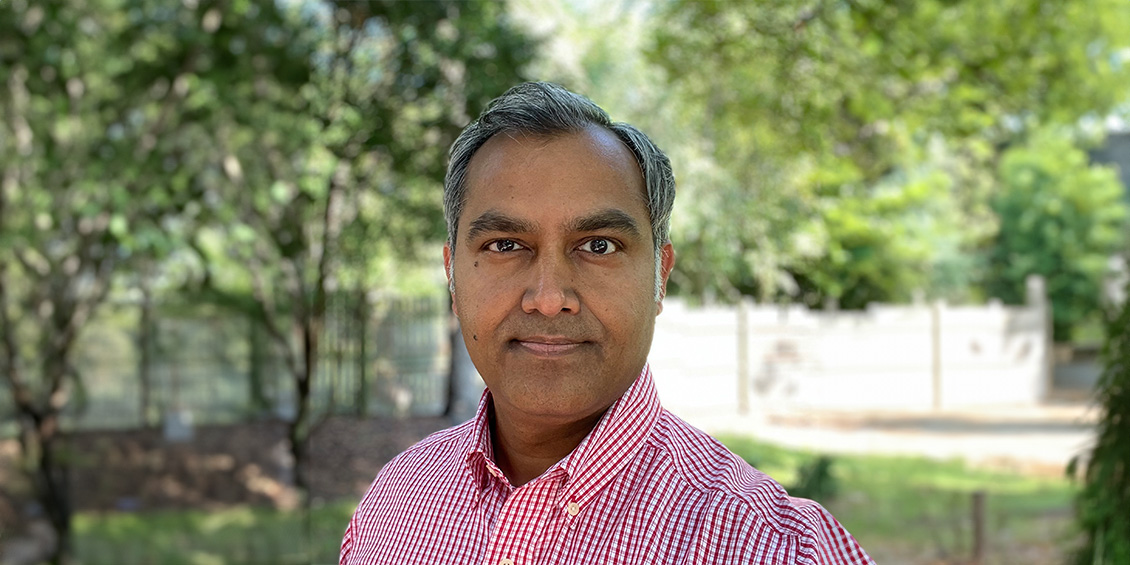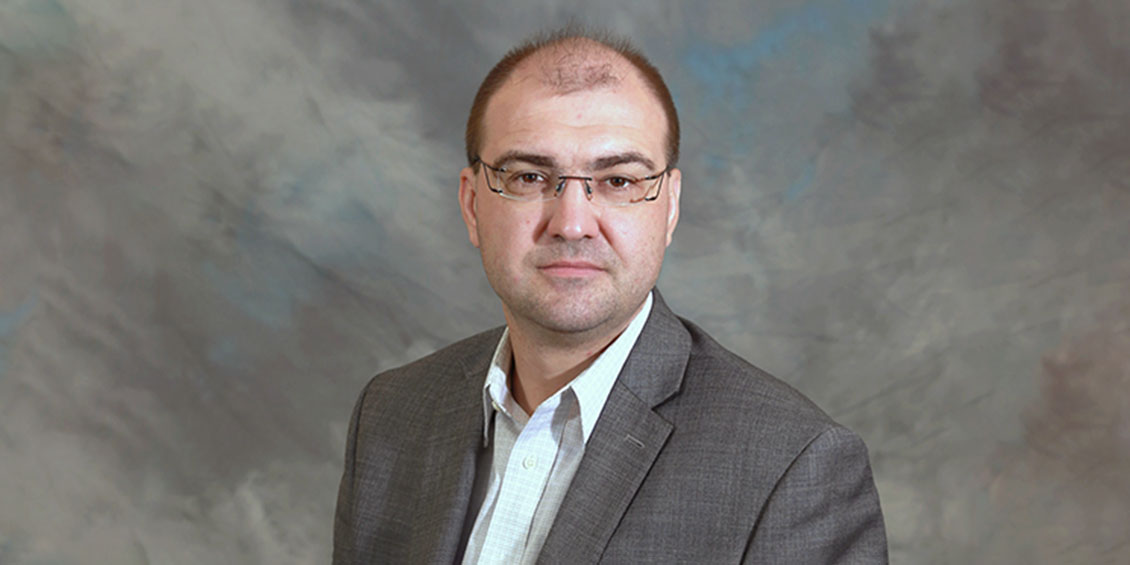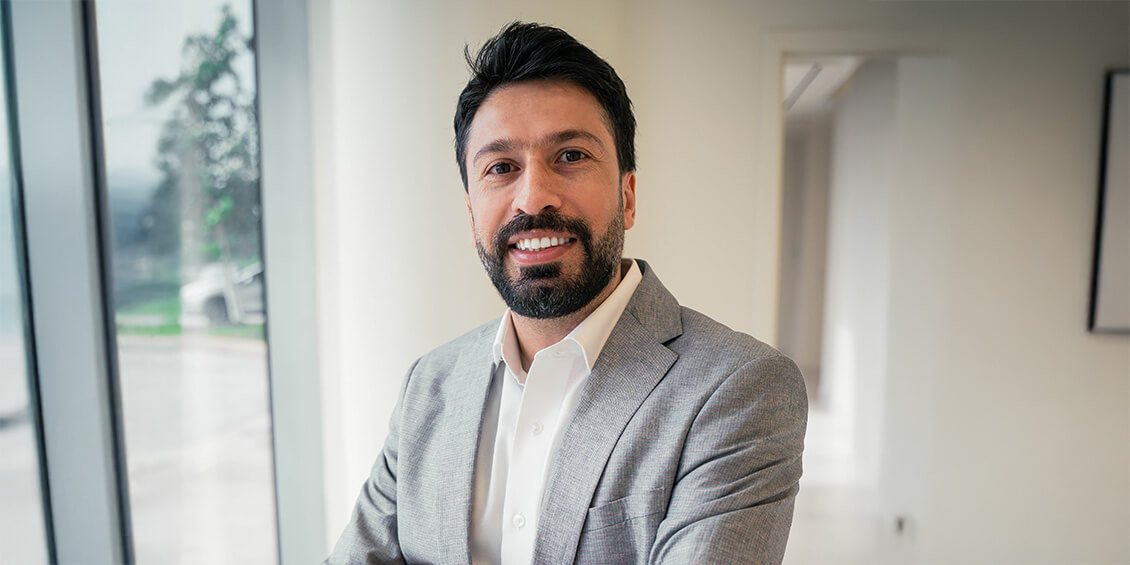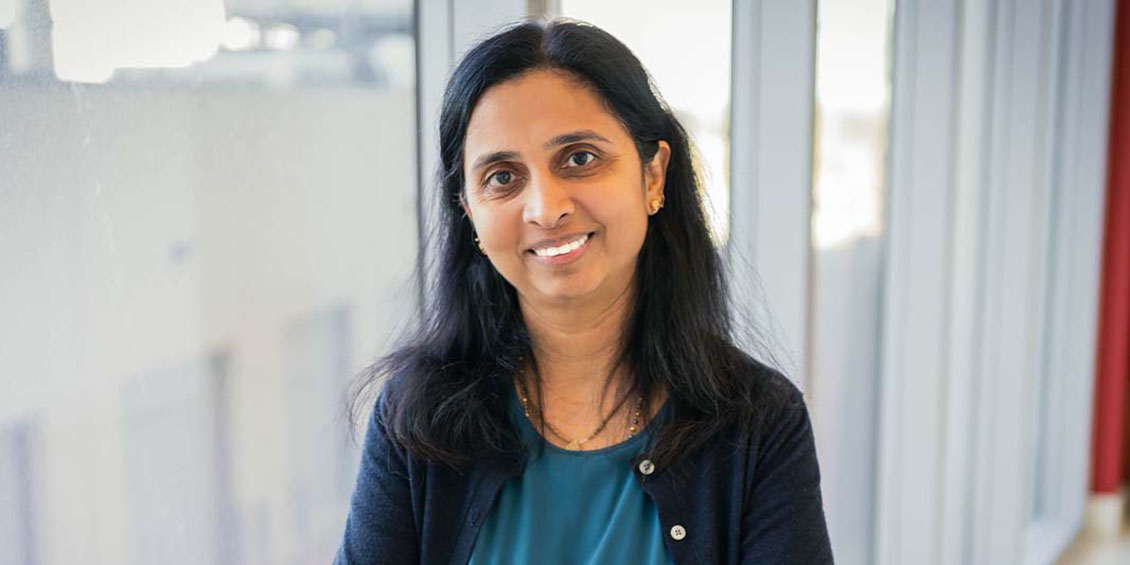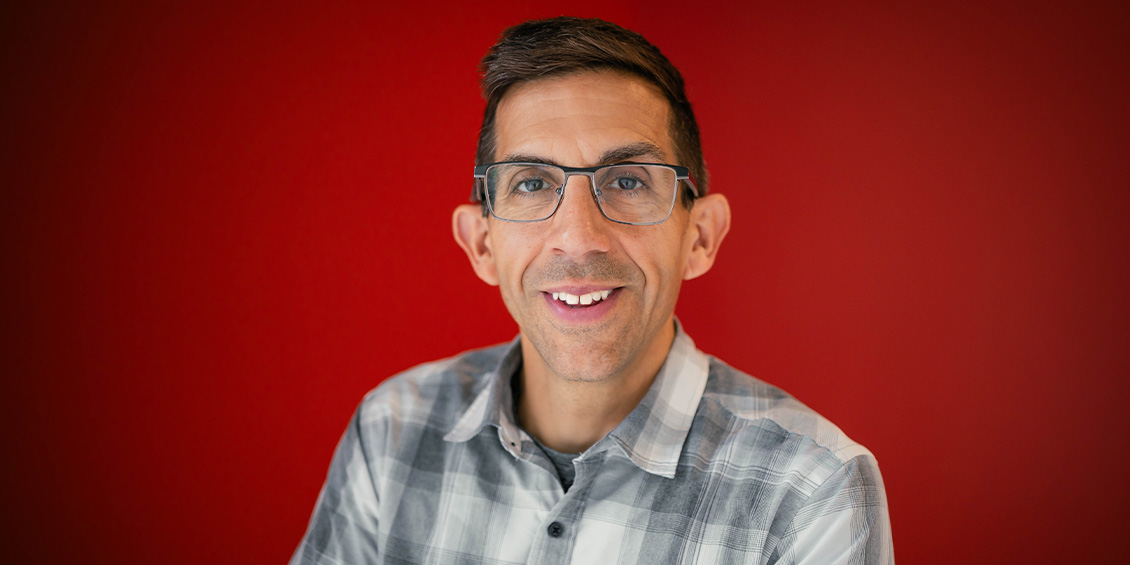Institute Team
The IMBC is the first institute at UH dedicated to research and education on muscle biology, cachexia, and neuromuscular disorders. The institute is led by Director Ashok Kumar, Ph.D., and Associate Director Radbod Darabi, M.D., Ph.D., National Institutes of Health-supported researchers whose work has been published in such journals as Cell Stem Cell, Cell Reports, Journal of Clinical Investigation, Science Signaling, Nature Medicine and Nature Communications. The IMBC's multidisciplinary membership comprises well-known researchers in the fields of skeletal and cardiac muscle, cancer, and neuromuscular disorders.
The IMBC's dual mission includes performing innovative and impactful research on muscle biology and cachexia and fostering the next generation of scientists. The educational component of IMBC aims to provide research training to undergraduate and graduate students and post-doctoral fellows as well as mentorship to early-stage investigators and junior faculty.
